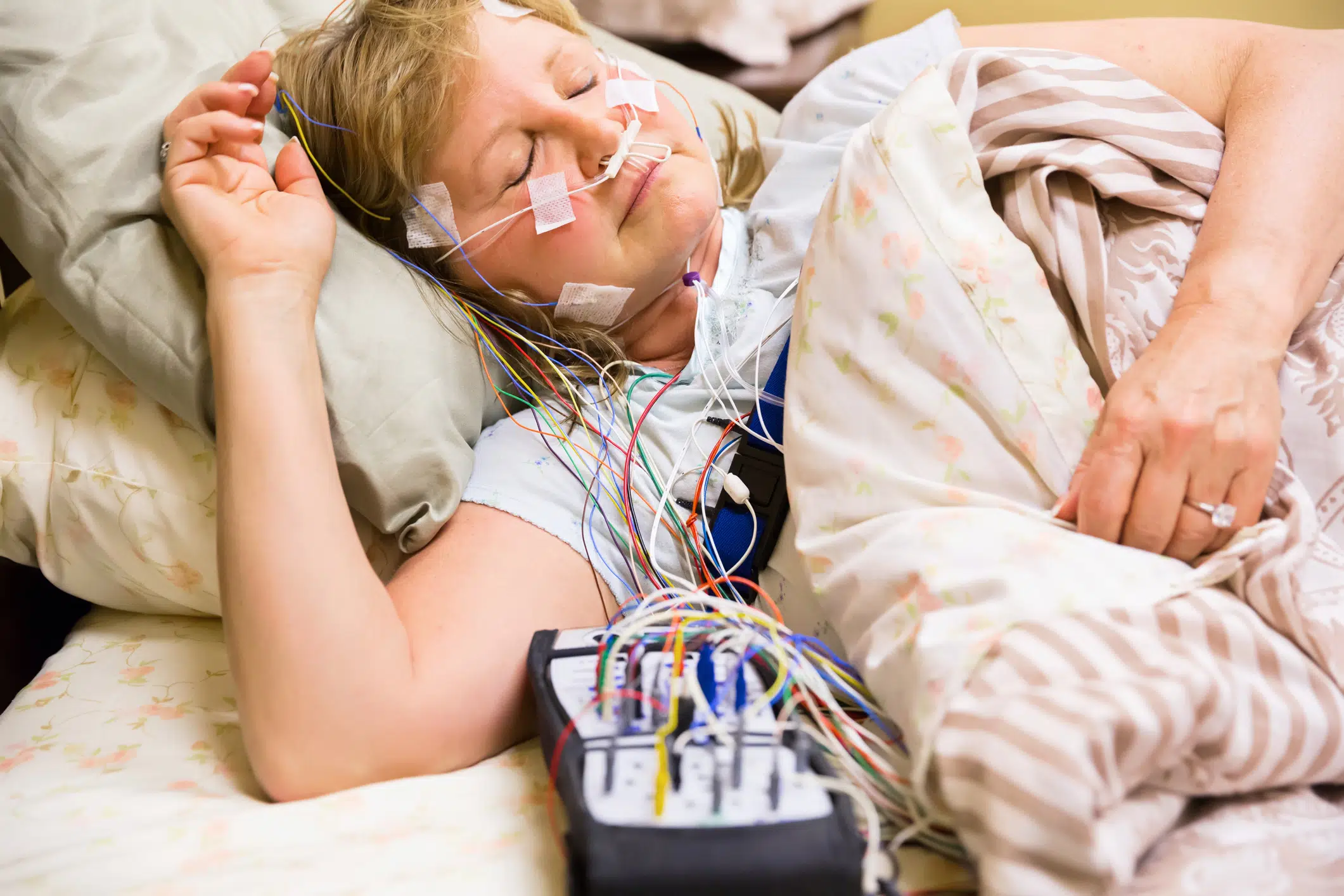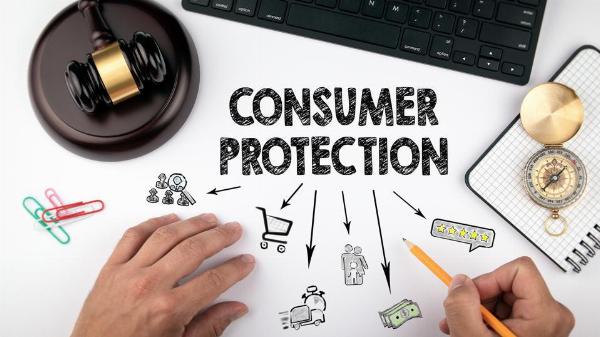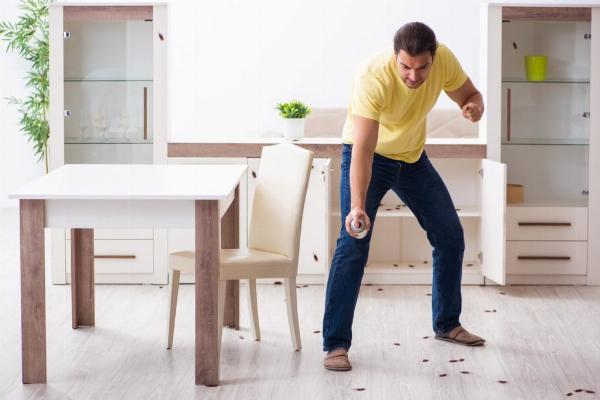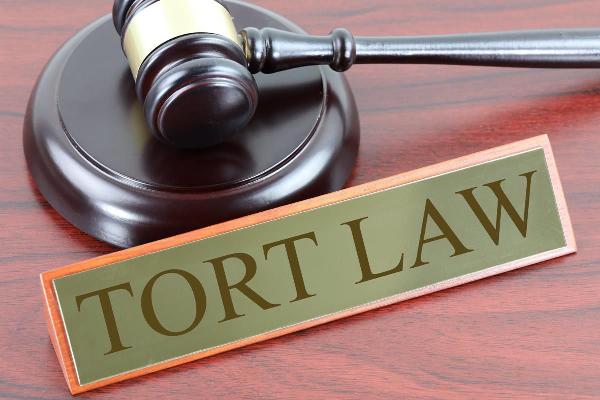 Website Copy Makeover – Turn Visitors into Buyers Instantly!
Website Copy Makeover – Turn Visitors into Buyers Instantly!
Understanding and Preventing Pressure Ulcers - A Guide for Caregivers
Written by Cameri Ross » Updated on: June 17th, 2025

Pressure ulcers, which are also known as bedsores, are very dangerous for people who lie down or sit in a chair for long amounts of time. When steady pressure stops blood flow to the skin and organs below it, these injuries happen. At first, pressure ulcers may not seem dangerous, but they can quickly turn into painful, infected wounds.
Pressure ulcers are a big problem in nursing homes in Iowa, as they are in other states. If you or someone you care about got a pressure ulcer in an Iowa nursing home, you might be able to get compensation for it. A Des Moines nursing home injury lawyer can help you understand your legal rights and get justice.
Understanding the formation and risks of pressure ulcers.
When steady pressure stops blood flow, pressure ulcers happen. Skin and muscles suffer harm when they do not get enough air and nutrients.
Pressure ulcers often happen on the elbows, feet, buttocks, and tailbone. People who can not move around, are paralyzed, or are bedridden are at high risk. The risk factors are as follows:
Limited mobility
Incontinence
Malnutrition
Dehydration
Making the skin rub or friction
Some health problems, like diabetes
Recognizing the signs of pressure ulcers.
Finding pressure ulcers early is very important to keep them from getting worse. Know about the different stages of pressure ulcers:
Stage 1: The skin turns red and warm or sore.
Stage 2: An open wound that is not too deep appears, but it does not break through the skin.
Stage 3: The hole gets bigger, revealing fat beneath the skin.
Stage 4 is the worst and deepest stage. It is possible for muscle and bone to show.
Signs that you should be careful of:
Skin that is broken or itchy
Redness that does not go away when the pressure is taken off
Feelings of pain, warmth, or soreness near a bone
Getting drainage out of a hole
Bad smell
Steps you can take for effective prevention of pressure ulcers.
The good news is that most pressure ulcers can be avoided. Here are some important strategies:
Change positions often. People who are stuck in bed should be moved around every two hours.
Ensure proper skincare. Check the face often for redness or damage. Cleanse and dry the face.
Use support surfaces. Use beds and cushions that relieve pressure.
Provide nutritional support. Make sure the person is getting enough food and water to help them heal.
Maintain continence. Take care of problems with leakage right away.
The legal implications of pressure ulcers.
Sadly, pressure ulcers are sometimes a sign that someone is not getting enough care in a healthcare setting. If you think that your loved one got pressure ulcers because they were not getting enough care, you should know what your legal options are.
Possible legal problems:
If a healthcare center does not give basic care to keep people from getting pressure sores, that could be seen as negligence.
In the worst cases, pressure ulcers can be thought of as "never events" - complications that can be avoided and should not happen with the right care.
The role that healthcare professionals play.
Healthcare workers are very important for avoiding and healing pressure ulcers. Doctors, nurses, and therapists should learn how to spot and treat these injuries. It is important to check the skin often, make sure people are in the right position, and act quickly when needed.
Furthermore, families and caregivers can also help with protection. They can help loved ones who are at risk by learning about pressure ulcers and taking action.
Pressure sores are a big problem, but they can be avoided by being aware of them and taking action. To keep yourself and your family safe, you should know the risks, be able to spot the signs, and take precautions.
Talk to your doctor or other health care provider about any worries you have about pressure ulcers. For full healing, it is important to find and address problems early on.
Note: IndiBlogHub features both user-submitted and editorial content. We do not verify third-party contributions. Read our Disclaimer and Privacy Policyfor details.
Copyright © 2019-2025 IndiBlogHub.com. All rights reserved. Hosted on DigitalOcean for fast, reliable performance.
















